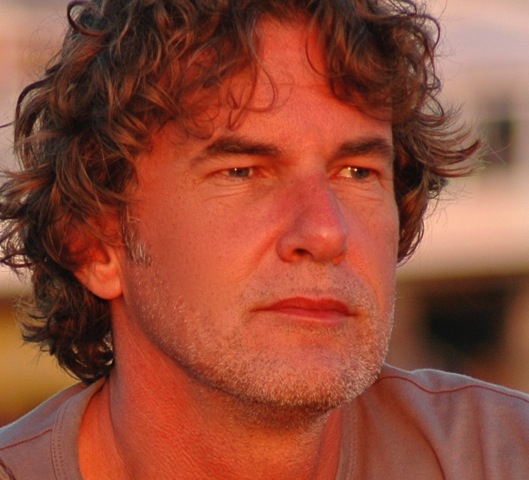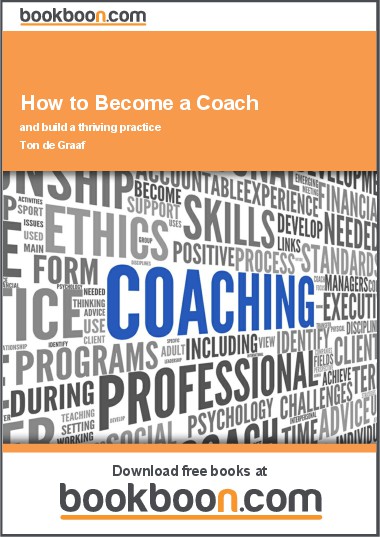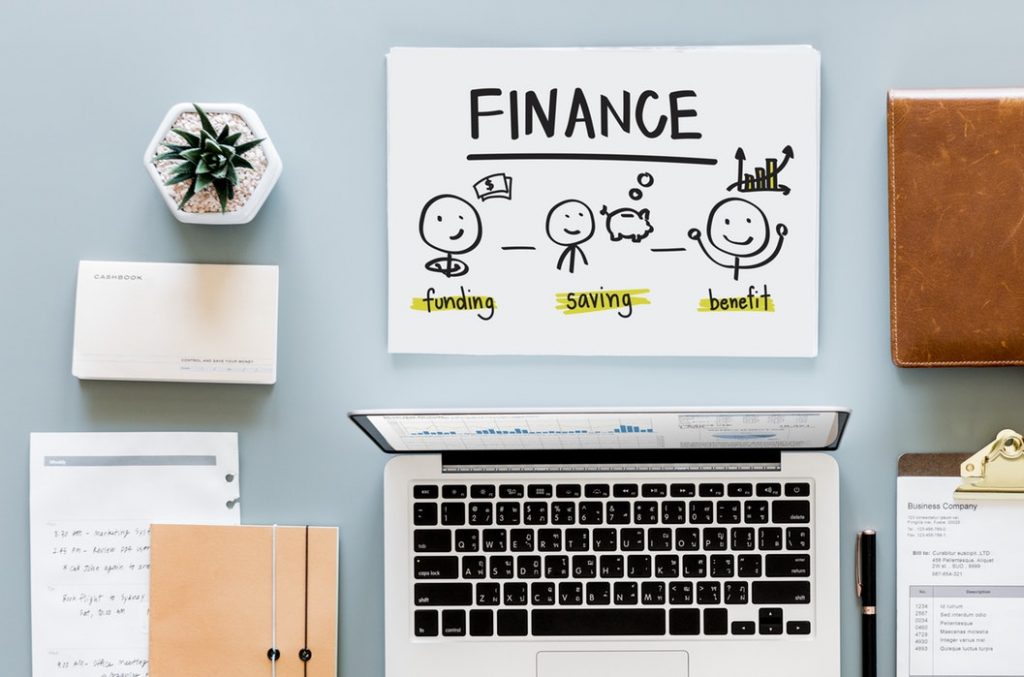7 tips on how to become a coach


Have you always wondered how to become a coach? Bookboon.com author Ton de Graaf answers 7 questions on what it takes to enter the coaching market.
1. There are hundreds of books written about coaching. What makes this one different?
Today there are multiple ways of becoming a professional coach. You can enrol in a coach training program, get certified and start running your own coaching practice. Every coach training facilitator will tell you that this is practically a ‘no brainer’ to start a thriving coaching practice. Well, here’s a news flash: it’s just not that easy. It’s not enough to be a great coach; you have to be a great entrepreneur as well. You’re running a business.
If you are considering coaching as a new career, and want to know more about it and whether it’s ‘for you’, then this type of course will give you all you need to know and more. This is a great place to start.
2. Is there still a market for new coaches?
From 1995 to the today, the amount of personal, executive and workforce coaching has continuously grown. There has been an increase in the number of publications devoted to coaching, in organisations that offer training to coaches, in the establishment of coaching organisations, and in the focus placed on coaching research by academia.
Because the field is wide open to anyone who wants to enter it, it is difficult to know the exact number of people performing coaching services. However, one thing is certain: coaching is still one of the fastest growing industries in the world, as it achieves what no other disciplines like training, counselling or mentoring can.
3. It seems like everyone calls themselves coaches these days. How do you recognise a professional coach?
Coaches should be able to demonstrate that they are competent in providing of coaching services. One way of proving this is to demonstrate that they possess a relevant qualification. The training of coaches should be fit for purpose. There is definitely a place for short introductory courses, but, as with any discipline, expertise will vary depending on the length of the course, level of qualification, depth of study, practical experience of delivery and extent of supervision and support received while studying. There are a number of different training routes for coaches, and new professionals have a wide range of options to choose from. Institutions offer specific coaching qualifications, ranging from masters level to short courses across the world. Understandably, a qualification that is specific to ‘coaching’ would seem like the most relevant qualification for a coach to have.
However, people should remember that these qualifications have only been available since relatively recently and therefore the majority of professionals delivering coaching services will not possess one of these newer qualifications. In such cases you should examine their other formal qualifications and experience.
4. Is being a great coach enough to make a decent living?
It’s not enough to be a great coach; as I said earlier, you have to be a great entrepreneur as well. Your potential clients have to be able to find you, get to know you and trust you before they sign up to one of your programs. That’s why these courses focus on what it takes to build a thriving coaching practice.
5. If I want to become a coach, where should I start?
Today there are multiple ways to become a professional coach. You can enrol in a coach training program, get certified and start running your own coaching practice. These are no brainers. As mentioned before: it’s just not that easy.
In order to become an experienced coach you do need to practice, practice, practice and evaluate your performance and, of course, practice, practice, practice! The real benefit from training comes from the feedback from your trainers and fellow coaches. This builds your self-esteem as a coach and it gives you the opportunity to expand your network in the global coaching community.
6. What does a coach charge for his/her services?
A personal coach may charge somewhere around £100-£300 per month in the UK or $200-$600 in the US and €600-€800 in Europe. These may include 4 sessions over the telephone that may last anywhere from 30 to 90 minutes.
In general a personal coach charges between $75 and $150 per hour, a business coach between $125 and $250 per hour and an experienced executive coach between $250 and $1500 per hour.
Note here that executive coaching and corporate coaching are charged higher, and group coaching costs much less per person. I personally know executive coaches who charge $250,000 for one year of coaching. And there even is a coach who charges a fee up to $1,200,000 for one year of coaching. And yes, they are fully booked! Talk about great marketing!
7. A coach exchanges hours for a fee, are there any other streams of revenue for a coach?
Experienced coaches will tell you that coaching makes up just 25% of their earnings. This means that 75% of their income is derived from other sources. In “How to Become a Coach” part I and II, I share more than 30 different ways to create other streams of revenues.
If you’d like to read more, please download the eBooks “How to Become a Coach” parts I and II.




